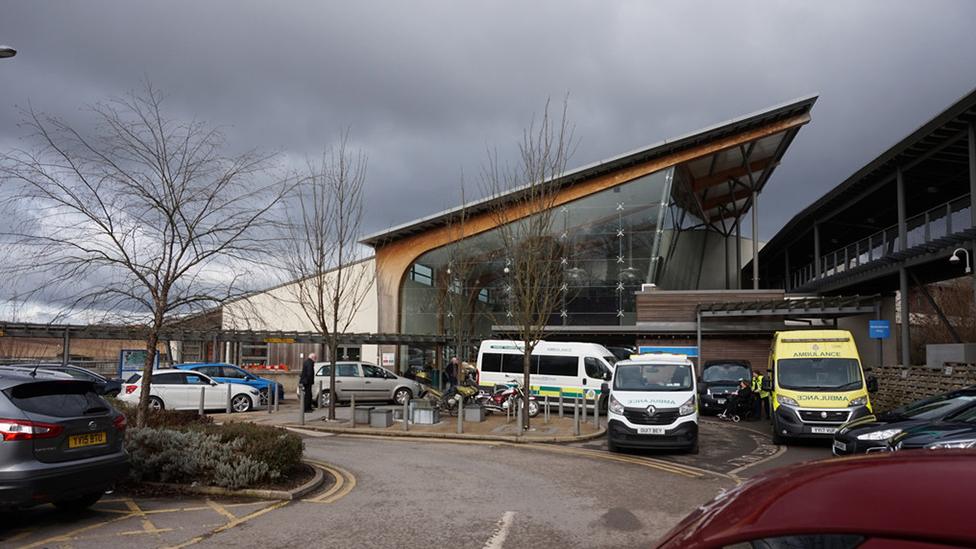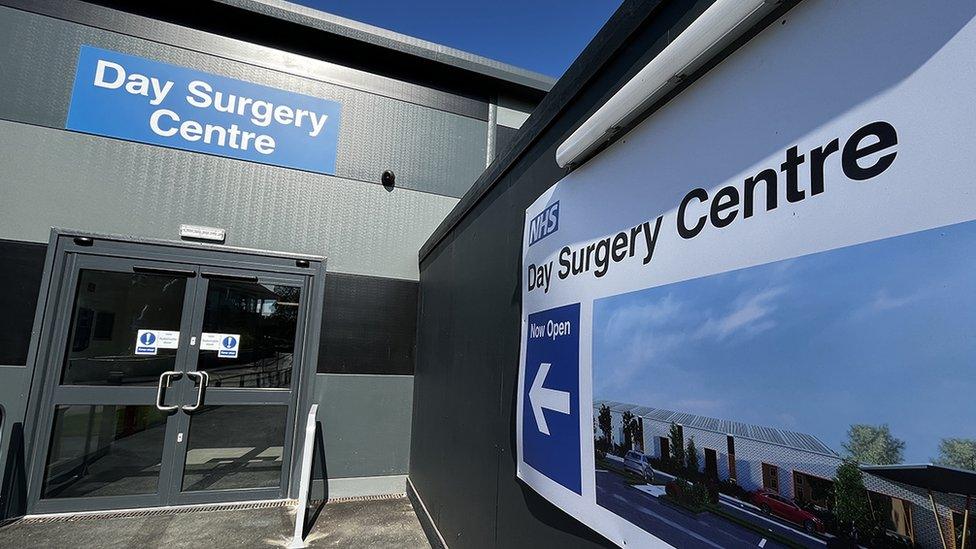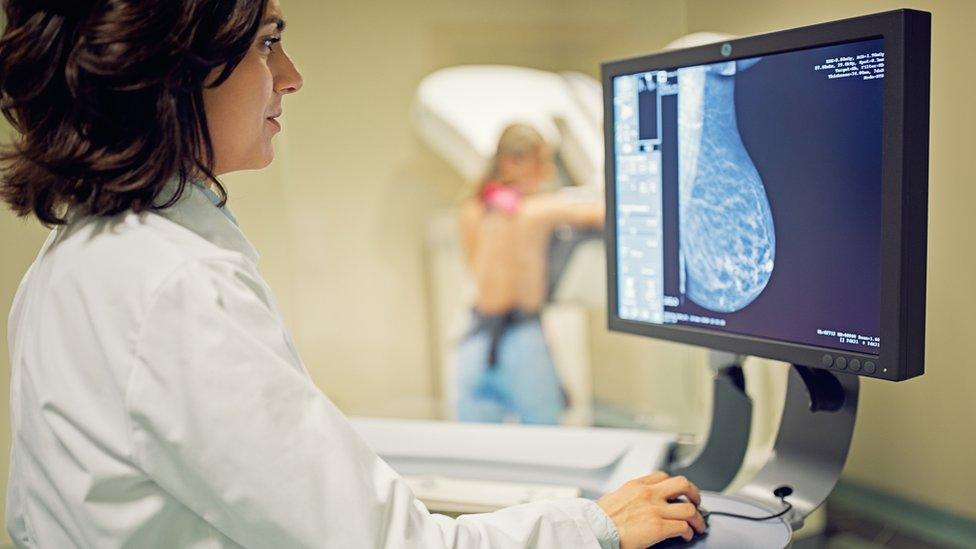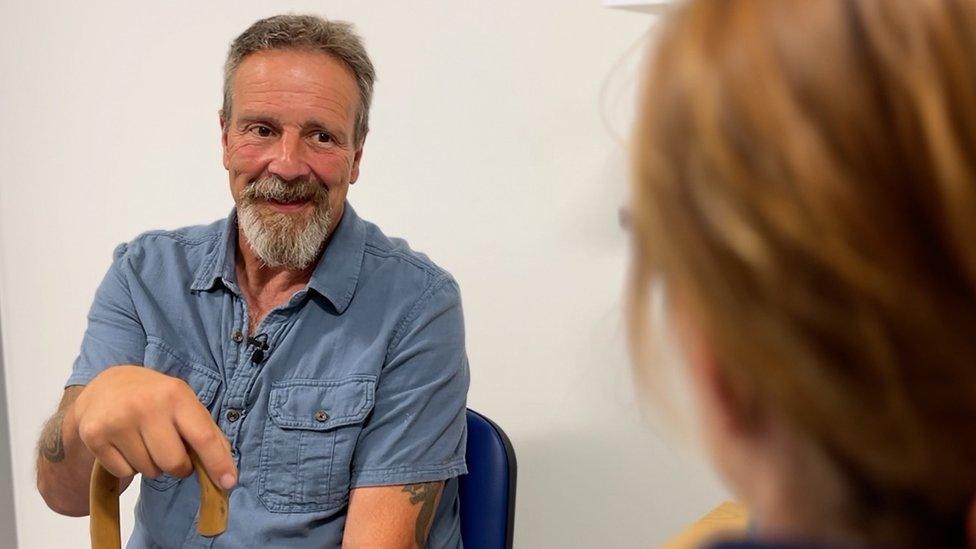Hull NHS trust apologises for missing cancer treatment targets
- Published

The trust said it has struggled with a backlog of referrals since the Covid pandemic
An NHS trust has apologised for missing cancer treatment targets.
Hull University Teaching Hospitals NHS Trust said a surge of referrals after the Covid pandemic meant it had missed the one-month limit.
Figures indicate that 28.5% of patients had waited for more than 31 days to get treatment in November, the second-highest number in England.
The trust said it aimed to reduce waiting times using extra funding awarded from NHS England.
The national target is for 96% of cancer patients to start treatment within 31 days.
According to the Local Democracy Reporting Service, no hospital met the target with an average 9.9% of patients waiting more than a month across England in November.
The figures was released soon after King Charles began treatment for cancer, after being diagnosed as the result of a prostate procedure.

The trust said it wants use additional NHS funding to improve cancer waiting times
A spokesperson for the trust, which runs Hull Royal Infirmary and Castle Hill Hospital, said before the pandemic 93.4% of its patients were seen within 31 days.
"The trust has been struggling to return to the previously high levels of cancer performance delivered before the coronavirus pandemic and we apologise to all those who are affected by treatment delays," the spokesperson said.
"The patient backlogs created by coronavirus, a subsequent surge in referrals post-pandemic and radiotherapy staffing issues have caused notable difficulties in delivering against the 31-day standard.
"However, we are currently exceeding the 28-day faster diagnosis standard at 76.1% for December 2023, compared to a national performance requirement of 75%," they said.

Follow BBC East Yorkshire and Lincolnshire on Facebook, external, X (formerly Twitter), external, and Instagram, external. Send your story ideas to yorkslincs.news@bbc.co.uk, external
- Published26 January 2024
- Published6 February 2024
- Published2 February 2024

- Published19 June 2023

- Published16 November 2021